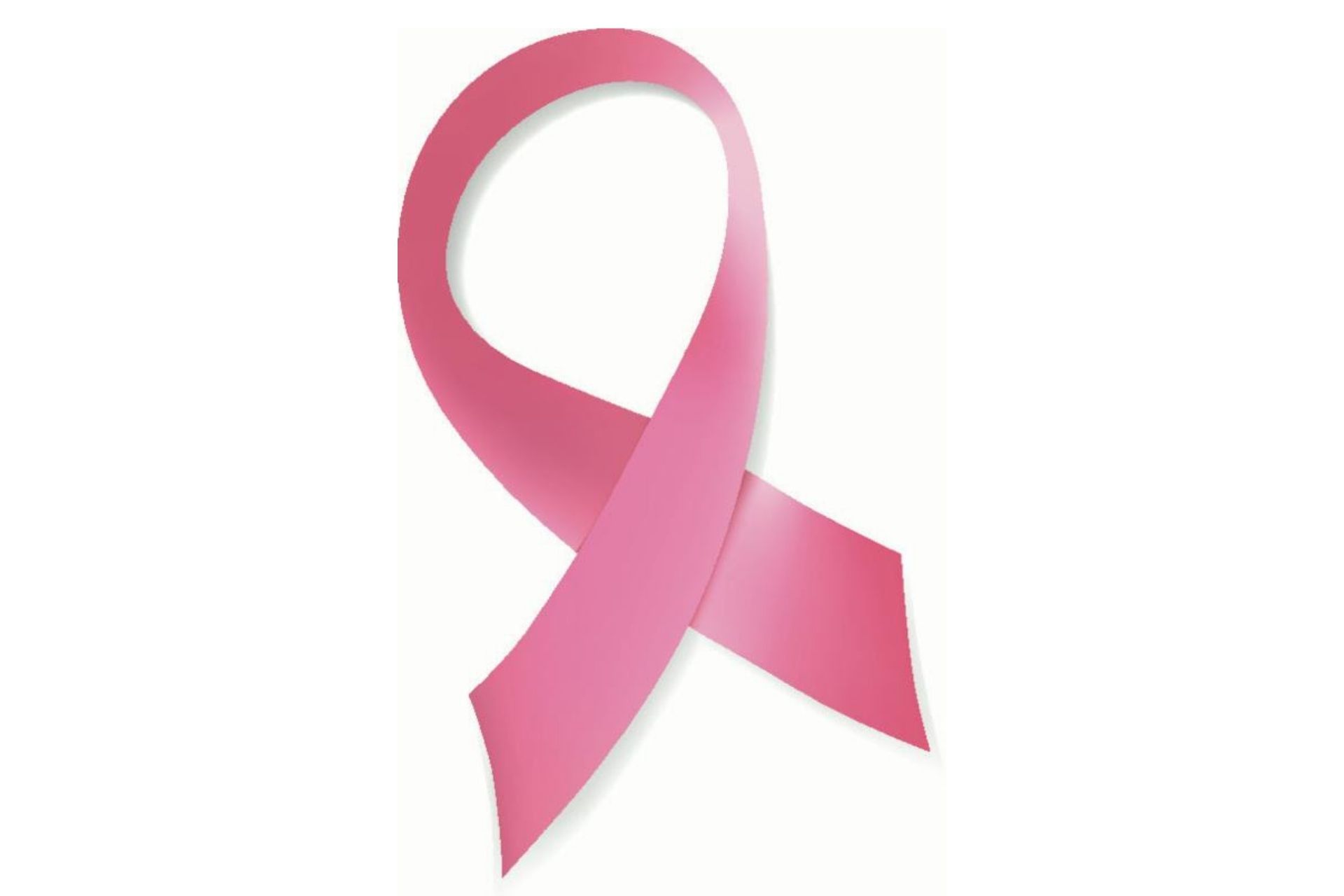One of the best ways to support healthy breast tissue, is through reducing risk factors, screening and prevention. There have been some recent changes in recommendations for annual mammograms in the past few years, that have made it more confusing for women to navigate what they should do. The current guidelines recommend for women who are of average risk between 45-54 years of age to receive annual mammograms and then from 55 years of age and beyond every 1-2 years depending on their individual desire. Previously the recommendation for annual mammograms for women of average risk, started at 40 years old. If having a mammogram from 40-44 years of age has personal benefit that outweighs their risk of having a mammogram, then starting at 40 years old it is also their choice to do. Mammograms have improved with ease and comfort over the years, as well as accuracy with 3D imaging technique.
One of the reasons that women find mammograms uncomfortable is because of increased breast density. When breast tissue is dense, there is increased risk for further work-up, leading to more worry and discomfort.
Here are diet and lifestyle tips that can reduce breast tenderness and discomfort, not only during your premenstrual period, and can improve the accuracy and comfort with mammograms.
- Eat a high amount of cruciferous vegetables (broccoli, cauliflower, Brussel sprout, etc.) These powerhouse foods help excrete extra estrogen that contributes to breast tenderness.
- Enjoy healthy omega fatty acids found in fatty fish, nuts, and seeds. Omega 3 fatty acids help to reduce inflammation.
- Reduce your stress. When we reduce stress, the adrenal hormone DHEA, estrogen and the effects they have on the breast tissue, can also reduce.
- Limit caffeine intake. Caffeine impacts the same pathways mentioned above with stress and inflammation.
- Limit chocolate, alcohol and sugar, to decrease the inflammatory response.
If you have tried the above and are still struggling with breast tenderness, during the PMS period of your cycle or beyond, please reach out to our amazing doctors. We love to support women in all stages and phases of their lives.



